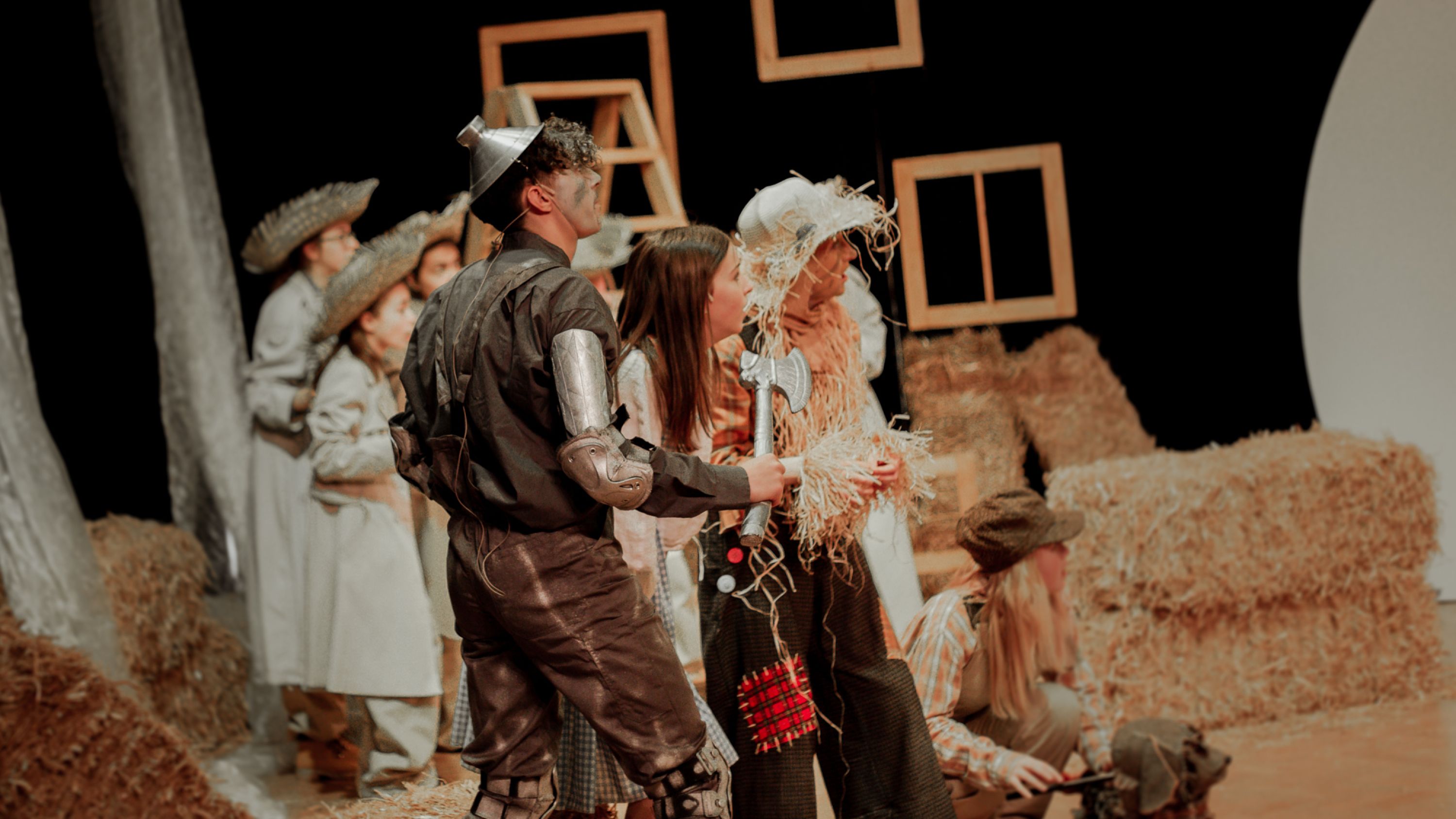Entry Requirements
Grade 5 in GCSE Drama and/or English is desirable
Ability to perform / participate in extra-curricular performance activities. Alongside the entry requirements for each course, you will also need to achieve the minimum Sixth Form entry requirements.
Assessment
1 x Written Exam
2 x Practical Components
Next Steps
Students of this course have gone on to study a wide range of subjects at university, including: Drama, Acting, Teaching and English Literature.
A-Level in Drama & Theatre Studies
Drama and Theatre inspires students to become independent theatre makers with the skills they need to go on to higher education, whether that is to study a course in drama and theatre or another subject. It will enable you to develop your interest and enjoyment in drama as a participant and a member of an audience, fostering an enthusiasm and critical appreciation of the subject.
Ready to Apply?
Course Content
Component 1: Drama & Theatre
Component 1 is a written exam in which students are assessed on their knowledge and understanding of how drama is developed and performed and on their ability to analyse and evaluate live theatre work of others. It is divided into 3 sections:
• Section A: Drama Through the Ages
• Section B: 20th and 21st Century Drama
• Section C: Live Theatre Production
Component 2: Creating Original Drama
This component is practical, students are assessed on their ability to create and develop ideas to communicate meaning as part of the theatre making process making connections between dramatic theory and practice and apply theatrical skills to realise artistic intentions in live performance. Students must complete two assessments:
• Produce an individual working notebook documenting the devising process
• Contribute to a final devised, group performance. Starting points for the devised piece will be chosen by students and must be informed by the work and methodologies of one prescribed theatre practitioner.
Component 3: Making Theatre
This is a practical component in which students are assessed on their ability to apply theatrical skills to realise artistic intentions in live performance and analyse and evaluate their own work. Students must practically explore and interpret 3 key extracts each from a different play and complete 2 assessment tasks:
• Formally present Extract 3 to an audience applying the work and methodologies of one of the prescribed theatre practitioners.
• Produce an individual Reflective report analysing and evaluating their theatrical interpretation of all 3 key extracts studied.
